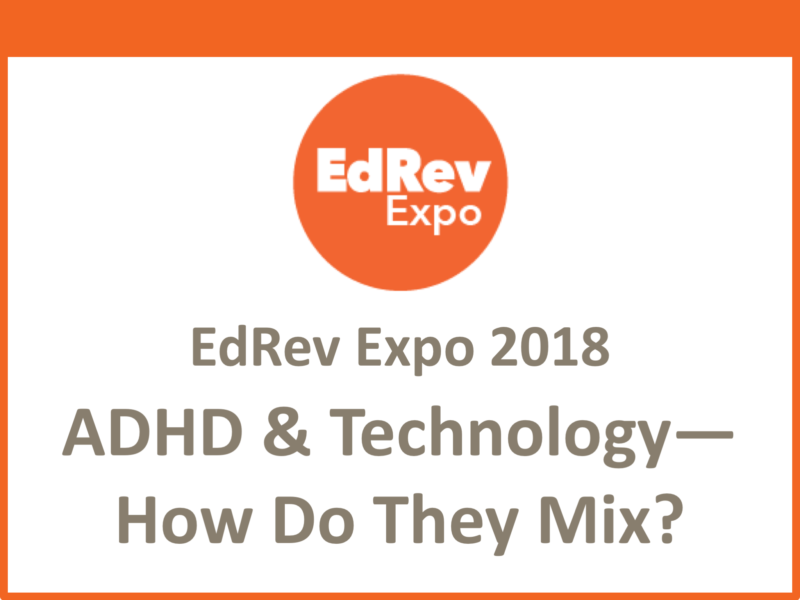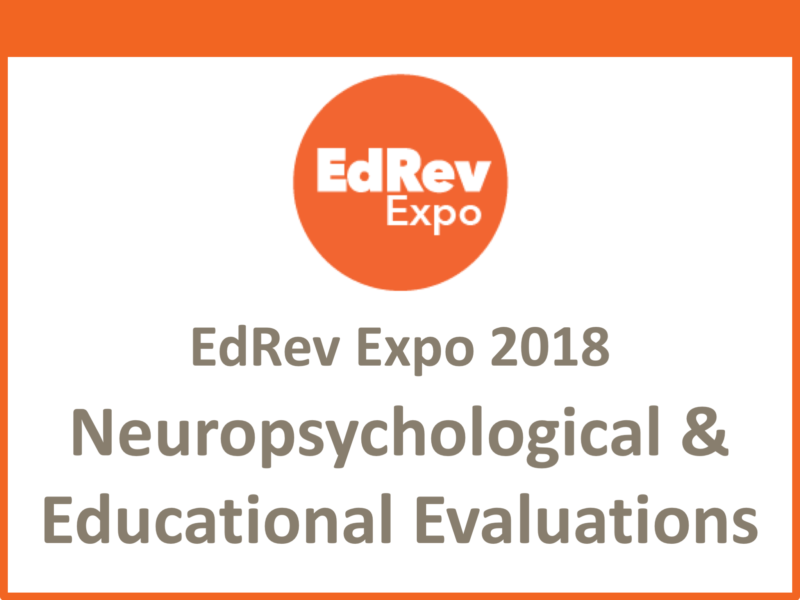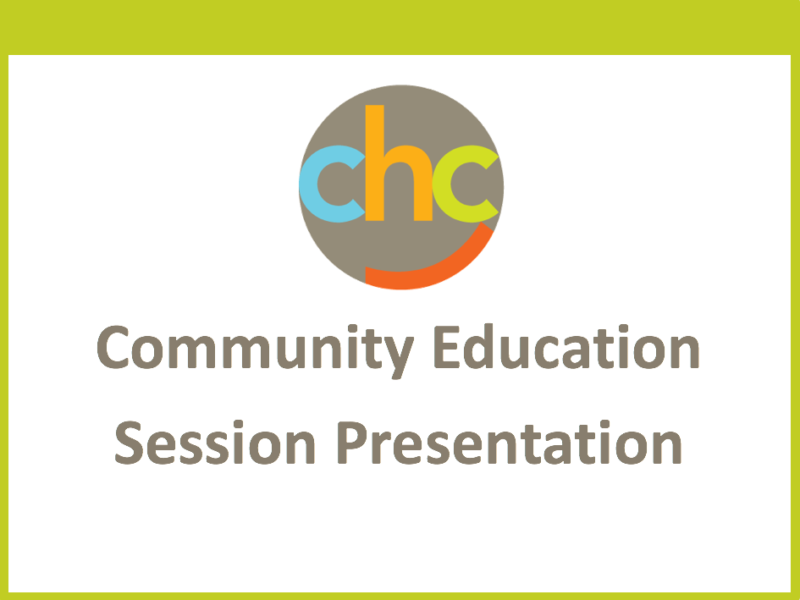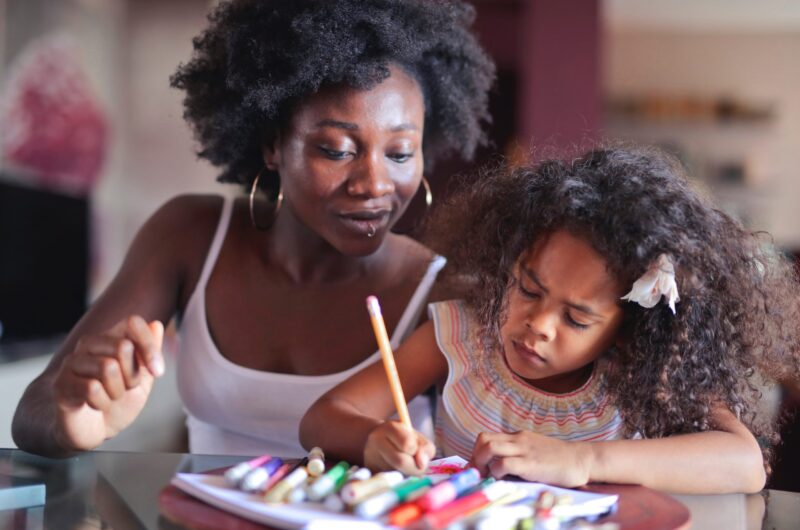
EdRev Expo 2018 Workshop: ADHD & Technology—How Do They Mix? [presentation]
It’s no secret that kids are spending more and more time with technology. Many kids have complex digital lives. If your child has ADHD, you may wonder what impact that might have on their use of social media. Read more >>








